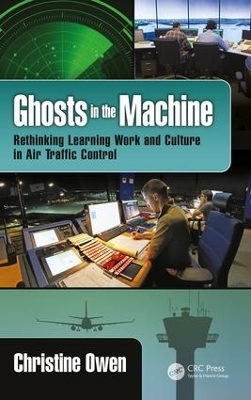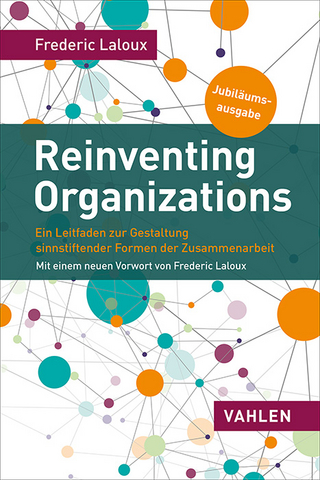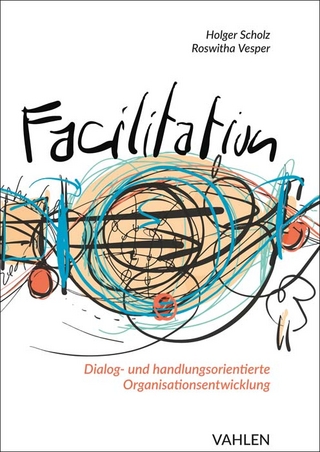
Ghosts in the Machine
Rethinking Learning Work and Culture in Air Traffic Control
Seiten
2017
Ashgate Publishing Limited (Verlag)
978-1-4094-5290-4 (ISBN)
Ashgate Publishing Limited (Verlag)
978-1-4094-5290-4 (ISBN)
The premise of the book is that informal learning is just as important in shaping what people know and value about their work and that this area is frequently overlooked. By using an interpretative research approach, the book highlights the ways in which the social structure of work organisation, culture and history interweaves with learning.
This book provides a socio-cultural analysis of the ways in which air traffic controllers formally and informally learn about their work and the active role that organisational cultures play in shaping interpretation and meaning. In particular, it describes the significant role that organizational cultures have played in shaping what is valued by controllers about their work and its role as a filter in enabling or constraining conscious inquiry. The premise of the book is that informal learning is just as important in shaping what people know and value about their work and that this area is frequently overlooked. By using an interpretative research approach, the book highlights the ways in which the social structure of work organisation, culture and history interweaves with learning work to guide and shape what is regarded by controllers as important and what is not. It demonstrates how this social construction is quite different from a top-down corporate culture approach. Technological and organizational reform is leading to changes in work practice and to changes in relationships between workers within the organization. These have implications for anyone wishing to understand the dynamics of organizational life. As such, this study provides insights into many of the changes that are occurring in the nature of work in many different industries. Previous research into learning in air traffic control has centred largely on cognitive individual performance, performance within teams or more recently on performance at a systems level. By tracing the role of context in shaping formal and informal learning, this book shows why interventions at these levels sometimes fail.
This book provides a socio-cultural analysis of the ways in which air traffic controllers formally and informally learn about their work and the active role that organisational cultures play in shaping interpretation and meaning. In particular, it describes the significant role that organizational cultures have played in shaping what is valued by controllers about their work and its role as a filter in enabling or constraining conscious inquiry. The premise of the book is that informal learning is just as important in shaping what people know and value about their work and that this area is frequently overlooked. By using an interpretative research approach, the book highlights the ways in which the social structure of work organisation, culture and history interweaves with learning work to guide and shape what is regarded by controllers as important and what is not. It demonstrates how this social construction is quite different from a top-down corporate culture approach. Technological and organizational reform is leading to changes in work practice and to changes in relationships between workers within the organization. These have implications for anyone wishing to understand the dynamics of organizational life. As such, this study provides insights into many of the changes that are occurring in the nature of work in many different industries. Previous research into learning in air traffic control has centred largely on cognitive individual performance, performance within teams or more recently on performance at a systems level. By tracing the role of context in shaping formal and informal learning, this book shows why interventions at these levels sometimes fail.
Christine Owen is a researcher with a focus on organisational behaviour and learning. Christine has an established and growing reputation as a human factors researcher and facilitator within emergency management. Her research investigates communication, co-ordination and teamwork practices in high technology, high intensity and safety critical work environments.
Introduction. Structure and change in air traffic control. Cultures within ATC work. Rethinking learning. Experiencing ATC work. Reflecting on ATC work. Conceptualising ATC work. Experimenting and ATC work. Conclusion: Strategies for learning and design. Appendix 1: The Research. Appendix 2: Selection of war stories narrated by controllers.
| Erscheinungsdatum | 12.10.2017 |
|---|---|
| Zusatzinfo | 8 Tables, black and white; 8 Halftones, black and white |
| Sprache | englisch |
| Maße | 156 x 234 mm |
| Gewicht | 385 g |
| Themenwelt | Technik ► Fahrzeugbau / Schiffbau |
| Technik ► Luft- / Raumfahrttechnik | |
| Wirtschaft ► Betriebswirtschaft / Management ► Planung / Organisation | |
| ISBN-10 | 1-4094-5290-5 / 1409452905 |
| ISBN-13 | 978-1-4094-5290-4 / 9781409452904 |
| Zustand | Neuware |
| Haben Sie eine Frage zum Produkt? |
Mehr entdecken
aus dem Bereich
aus dem Bereich
ein Leitfaden zur Gestaltung sinnstiftender Formen der Zusammenarbeit
Buch | Softcover (2024)
Vahlen (Verlag)
CHF 41,70
Basiswissen – Unternehmensbewertung – Ablauf von M&A
Buch | Softcover (2024)
Erich Schmidt Verlag
CHF 55,90
Der Weg zu einer dialogorientierten Organisationsentwicklung
Buch | Softcover (2021)
Vahlen, Franz (Verlag)
CHF 62,85


